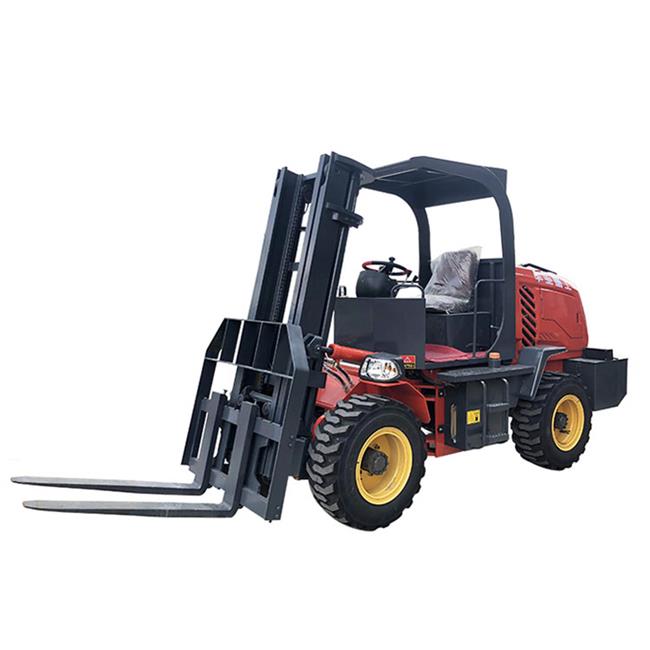
News
Forklift Trucks are indispensable in the world of material handling, but their power comes with responsibility. This guide explores the fundamental principles of safe forklift truck handling, covering everything from operator training to load stability.

The foundation of safe forklift handling rests on the shoulders of well-trained and certified operators. Comprehensive training programs cover aspects such as forklift operation, load handling, and safety protocols. Operators should undergo regular refresher courses to stay abreast of best practices.
Before embarking on any task, a thorough pre-operational inspection is non-negotiable. Operators must check for potential issues, including fluid leaks, tire condition, and the functionality of crucial components. Any identified problems should be addressed promptly to ensure optimal forklift performance.
Understanding the forklift's load capacity is crucial for safe handling. Exceeding the designated load limit can compromise stability and increase the risk of accidents. Load capacity information is typically displayed on the forklift's data plate.
Safe forklift operation involves utilizing proper techniques. This includes maintaining a stable speed, avoiding sharp turns, and using the horn to alert pedestrians. Smooth acceleration and deceleration contribute to load stability and overall safety.
Forklifts share workspace with pedestrians and other vehicles, necessitating effective traffic management. Clear signage, designated pedestrian walkways, and awareness campaigns contribute to a safer working environment.
Safe forklift handling is a shared responsibility that begins with well-trained operators and extends to meticulous pre-operational inspections and adherence to load capacity limits. Whether utilizing electric forklifts, counterbalance models, or reach forklifts, prioritizing safety ensures a secure and efficient material handling environment.
A: Understanding and adhering to the forklift's load capacity is crucial for maintaining stability and preventing accidents caused by overloading.
A: Yes, operators should exercise extra caution in confined spaces, including reduced speeds and heightened awareness of pedestrians and obstacles.
A: Absolutely. Many electric forklift models are designed for both indoor and outdoor use, providing versatility without compromising safety.
A: Refresher training should be conducted regularly, with the frequency determined by factors such as changes in workplace conditions or accidents/incidents.
A: Load stability is paramount in preventing tip-overs and maintaining overall forklift safety. Operators must ensure loads are secure and within the designated capacity.
A: Yes, handling hazardous materials requires adherence to additional safety measures, including proper training, equipment modifications, and compliance with relevant regulations.
Previous: How to safely transport a forklift?